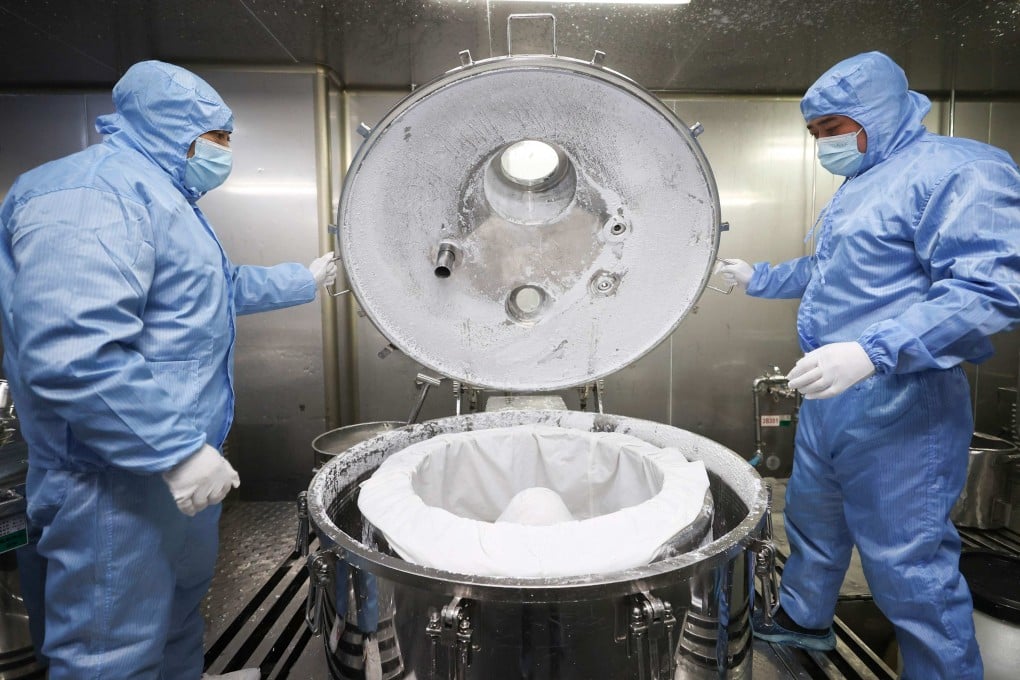Advertisement
China targets hi-tech drug and medical equipment industries for support in hedge against the West
- State Council unveils plans to promote development in the areas over the next two years
- Observers say the move is meant to help offset economic pressures and potential international restrictions
Reading Time:2 minutes
Why you can trust SCMP
9

China is aiming to improve its capacity to supply advanced medicines and medical equipment, with the cabinet passing plans to support the development of the industries.
In an executive meeting chaired by Premier Li Qiang on Friday, the State Council endorsed two work plans to promote “high-quality development” of the pharmaceutical and medical equipment industries for 2023-25.
State news agency Xinhua said the plans were meant to improve China’s capacity to produce advanced pharmaceuticals and tackle weaknesses in the manufacture of leading-edge medical equipment.
The State Council also stressed the need to promote and use domestically produced medical equipment and help the sector upgrade, according to Xinhua.
Observers said the work plans were driven by economic and strategic concerns.
A medical school professor in Beijing said advanced medicines, or innovative medicines, had become an important industry in China, attracting a great deal of investment.
Advertisement